
Ceremonial musician Doan Van Sang
Following the immigrants in the Southward expansion, Southern ritual music was brought in from the outside, and was born from the need to serve the beliefs, rituals, and spiritual life of the immigrants. Southern ritual music absorbed royal court music through teachers who were music officials of the Nguyen Dynasty, typically musician Nguyen Quang Dai (stage name Ba Doi), who was honored as the founder of Southern ritual music and amateur music.
Southern ritual music is also the exchange, response and musical adaptation of the ethnic communities living together. In the flow of history and culture in the Southern region, ritual music is commonly used in Tay Ninh in folk and religious ceremonies (Buddhism, Cao Dai). In particular, ritual music is considered the foundation of traditional music, and is one of the bases for creating the melodies of Don Ca Tai Tu.
Passionate about ritual music, since the age of 15 (1981), Artisan Doan Van Sang began studying ritual music with older artisans in Go Dau district and often followed the artisans to practice ritual music in festivals, performances, and parties...
In 1985, he was taught by teacher Truong Ke Nghiep, stage name Bay Nghiep (1934 -2019) in Truong Dau, Phuoc Chi commune, Trang Bang town. With a spirit of learning, he often consulted about ceremonial music with senior artists and colleagues...
During his studies and work, Artisan Doan Van Sang mastered the skills and mastered 20 pieces called the ancestral pieces of Southern traditional music: 1- Six Northern pieces: Luu Thuy, Phu Luc, Binh Ban Chan, Xuan Tinh, Tay Thi, Co Ban. 2- Three Southern pieces: Nam Xuan, Nam Ai, Dao Ngu Cung (also known as Nam Dao). 3- Four Oan pieces: Tu Dai, Phung Cau, Phung Hoang, Giang Nam. 4- Seven major pieces (that chinh): Xang Xe, Ngu Doi Thuong, Ngu Doi Ha, Long Dang, Long Ngam, Van Gia, Tieu Khuc.
Performed many pieces such as the "Five Continents of the East" series, "Eight Royal Versions" (Tang Thai Ton, Chieu Quan, Vong Phu, Tuong Tu, Duyen Ky Ngo, Bac Man Tan Cong, Ai Tu Ke (East), and Qua Phu Ham Oan) and many pieces of amateur music, ritual music including folk ritual music, religious ritual music (Buddhism). Skillfully used musical instruments such as: cymbals, gongs, bongs, phet, do duong, buffalo horn gong, song lang, war drum, rice drum, big drum, brass trumpet, big trumpet, middle trumpet, small wooden trumpet, co zither, sen zither, monochord, gao zither, concave-key guitar, violin...
He joined the Don ca tai tu - cai luong club of the Go Dau District Cultural Center, performing an average of 80-100 performances a year to serve the propaganda of local political tasks, festivals, serving people in remote areas, communes, towns, participating in exchange performances, festivals, competitions, and performances at district, provincial, regional and national levels.
In particular, every year, at Linh Son Tien Thach Pagoda on Ba Den Mountain, the Linh Son Thanh Mau Festival is solemnly held from May 4 to 6 (lunar calendar) according to traditional Buddhist rituals. Ritual music is one of the important components of the ceremony. For many years, the ritual music in the festival has been performed by the band of Artist Doan Van Sang. In 2019, the Linh Son Thanh Mau Festival - Ba Den Mountain was recognized as a national intangible cultural heritage according to Decision No. 3325/QD-BVHTTDL of the Ministry of Culture, Sports and Tourism.
Artist Doan Van Sang shared that in Buddhist ritual music, it is very important that the band is in tune and in harmony with the performance, so the ceremonial masters often have their own ceremonial band. Or the songs of the female shamans in the art of shamanism are performed with command drums, sanh rhythms and in harmony with the ceremonial band with the melodies of Nam xuan, Nam ai, Nam chay, Nam dao... the ceremonial band must understand the meaning of the command drum, so that when the female shaman plays the drum, the band knows when she changes the tune, starts or ends the drum so that the ceremonial music is in harmony with the female shaman's song.

The ceremonial band of Artist Doan Van Sang participates in the 2023 Dong Nai Province Traditional Music and Ball Festival.
Focusing on teaching to preserve and promote ceremonial music, Artist Doan Van Sang established a band to perform in ceremonies at communal houses, temples, folk rituals, Buddhist rituals, amateur music, and perform in traditional music festivals... inside and outside the province, creating a place for learning, exchanging experiences, and connecting musicians inside and outside the locality. In addition, he opened a class to train students in ceremonial music at home.
Among the many students, the most prominent are Nguyen Hoang Anh Vu, Tran Minh Cuong, Nguyen Van Tuyen, Vo Tan Hoa (Go Dau district), Nguyen Anh Nhut, Lam Hoang Chinh (Ben Cau district), Tran Tan Luc, Nguyen Thanh Nhan (Trang Bang town), Truong Quoc Viet (Hoa Thanh town), Nguyen Tan Phat, Nguyen Duc Nguyen (Tay Ninh city), Truong Minh Tien, Do Nha Si, Dang Manh Tuong (Long An province), Ho Minh Thien (District 8, Ho Chi Minh City). During the teaching process, he often took his students to practice in rituals to gain experience.
Teaching ceremonial music to students is mainly done by “holding hands and showing how to do it”, sitting face to face to guide students in using musical instruments, focusing on teaching theory in parallel with practice. Basically, students of ceremonial music must grasp the pieces that have been continuously adapted from 72 ancient pieces of music, especially from 20 original pieces (ancestral pieces) for 4 tunes (winds), including 6 Northern pieces expressing joy and freedom, 7 Xia pieces used in ceremonies, with solemnity, 3 Southern pieces expressing leisure and serenity, and 4 Oan pieces expressing sadness and separation. Therefore, in folklore, there is a saying: “Thich thoi toi tit lao thong nhi thap quyen to ban/ Quan the tham da lich luyen that thap nhi huyen cong” (roughly translated: Must be familiar with at least 20 ancestral pieces/ At most practice 72 pieces [tao tu]).
“Teach students to understand musical instruments and how to classify them according to the octaves, the five elements, the groups and the sets… Then, students choose suitable musical instruments and I teach them according to the type of musical instruments chosen by the students, thereby promoting their passion, talent and ability” - Artisan Doan Van Sang said.
For more than 40 years, Artisan Doan Van Sang has made many contributions to preserving and promoting the art of Southern ceremonial music in Tay Ninh. His passion has spread as many students are skilled and passionate about their profession, continuing to contribute to the locality and the nation's traditional music.
Thanh Phat Fee
Source



![[Photo] Prime Minister Pham Minh Chinh attends the groundbreaking ceremony of Trump International Hung Yen Project](https://vphoto.vietnam.vn/thumb/1200x675/vietnam/resource/IMAGE/2025/5/21/ca84b87a74da4cddb2992a86966284cf)
![[Photo] Scientific workshop "Building a socialist model associated with socialist people in Hai Phong city in the period of 2025-2030 and the following years"](https://vphoto.vietnam.vn/thumb/1200x675/vietnam/resource/IMAGE/2025/5/21/5098e06c813243b1bf5670f9dc20ad0a)

![[Photo] Determining the pairs in the team semi-finals of the National Table Tennis Championship of Nhan Dan Newspaper](https://vphoto.vietnam.vn/thumb/1200x675/vietnam/resource/IMAGE/2025/5/21/eacbf7ae6a59497e9ae5da8e63d227bf)
![[Photo] Prime Minister Pham Minh Chinh receives Rabbi Yoav Ben Tzur, Israeli Minister of Labor](https://vphoto.vietnam.vn/thumb/1200x675/vietnam/resource/IMAGE/2025/5/21/511bf6664512413ca5a275cbf3fb2f65)

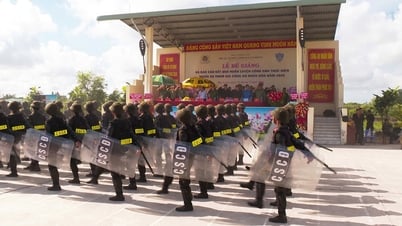

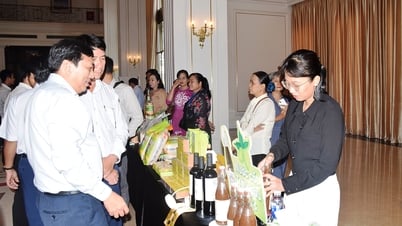

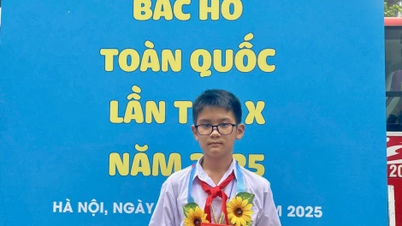







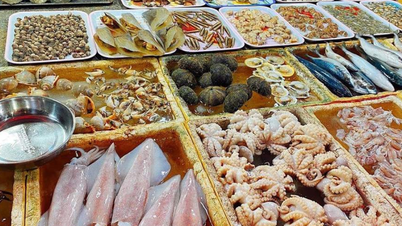
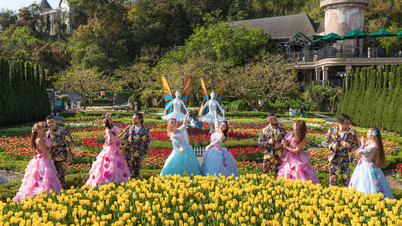








































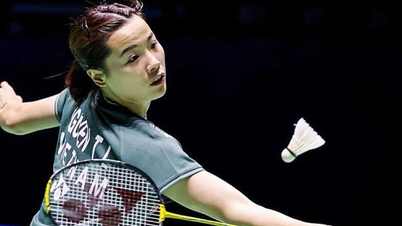

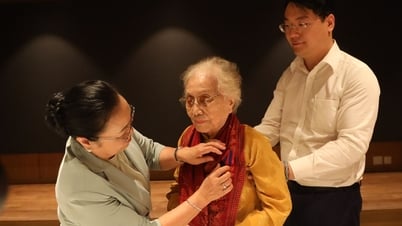


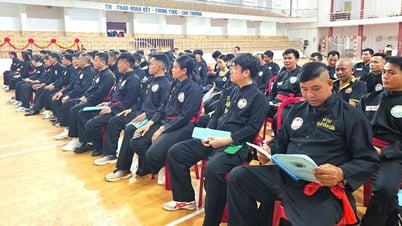









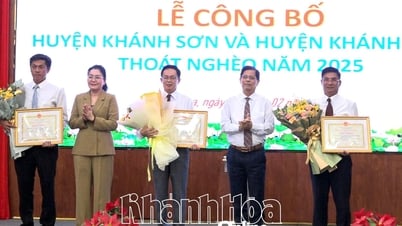

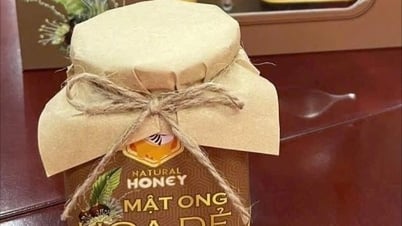











Comment (0)